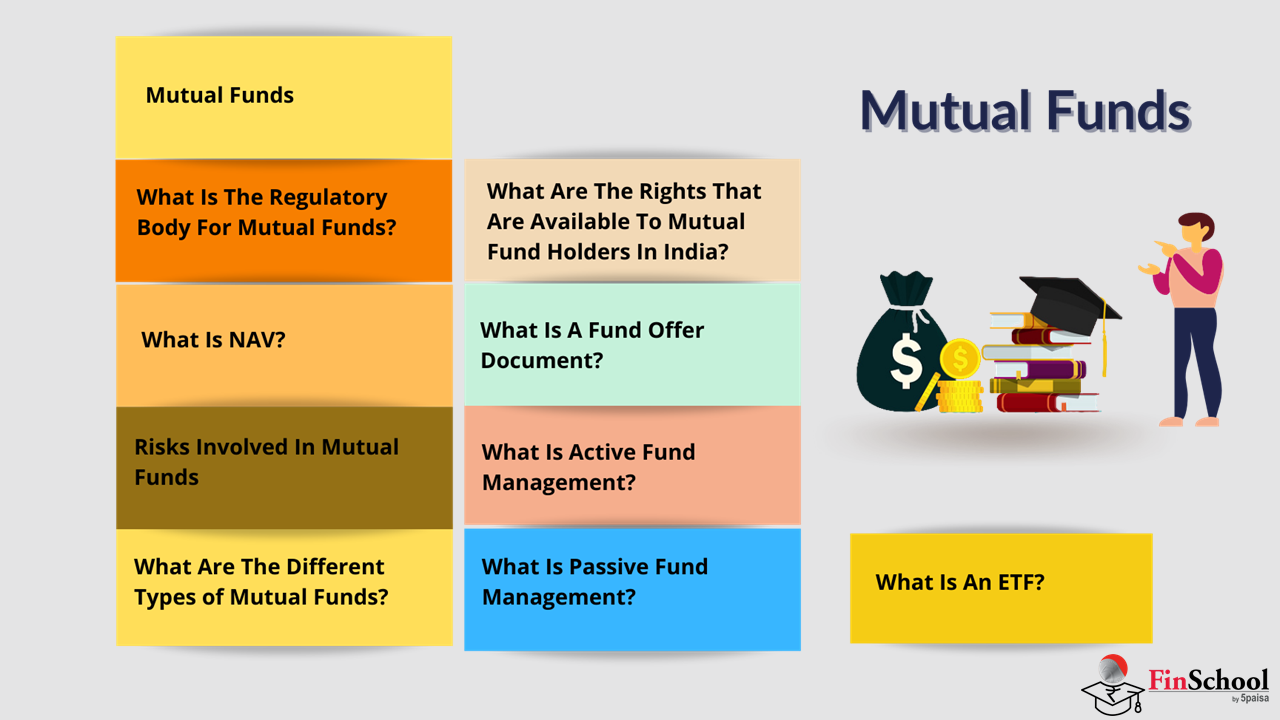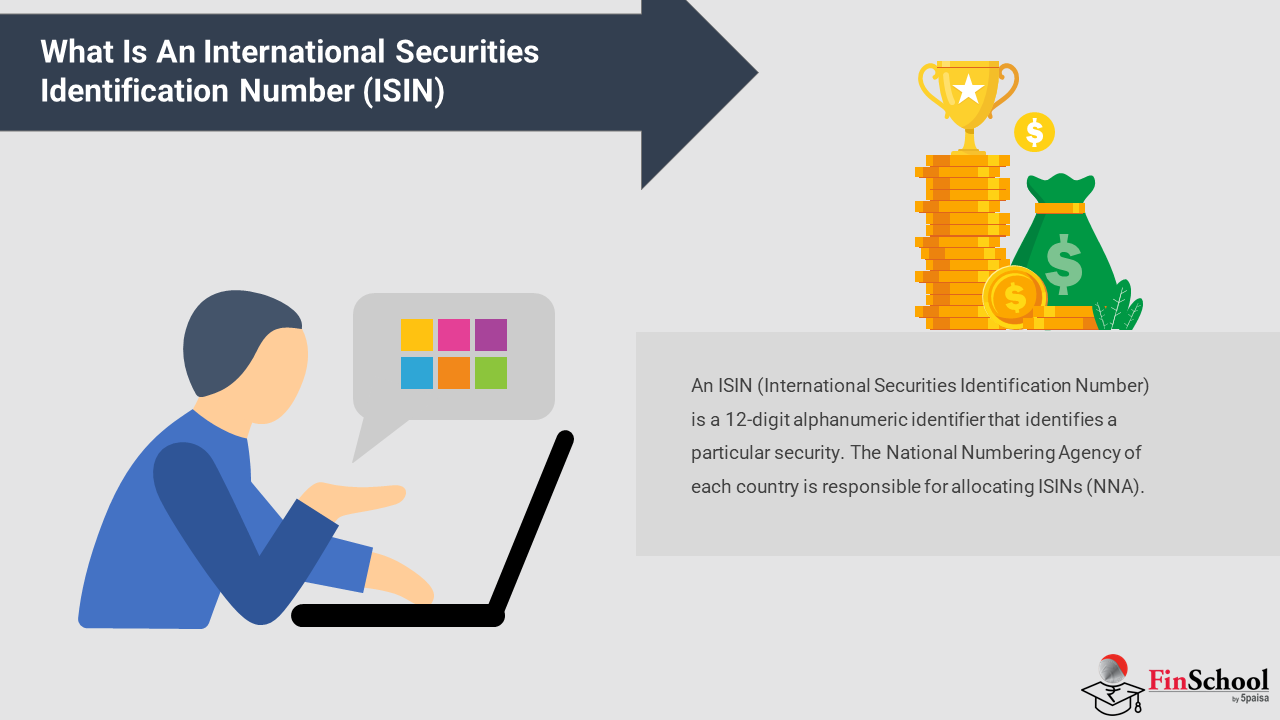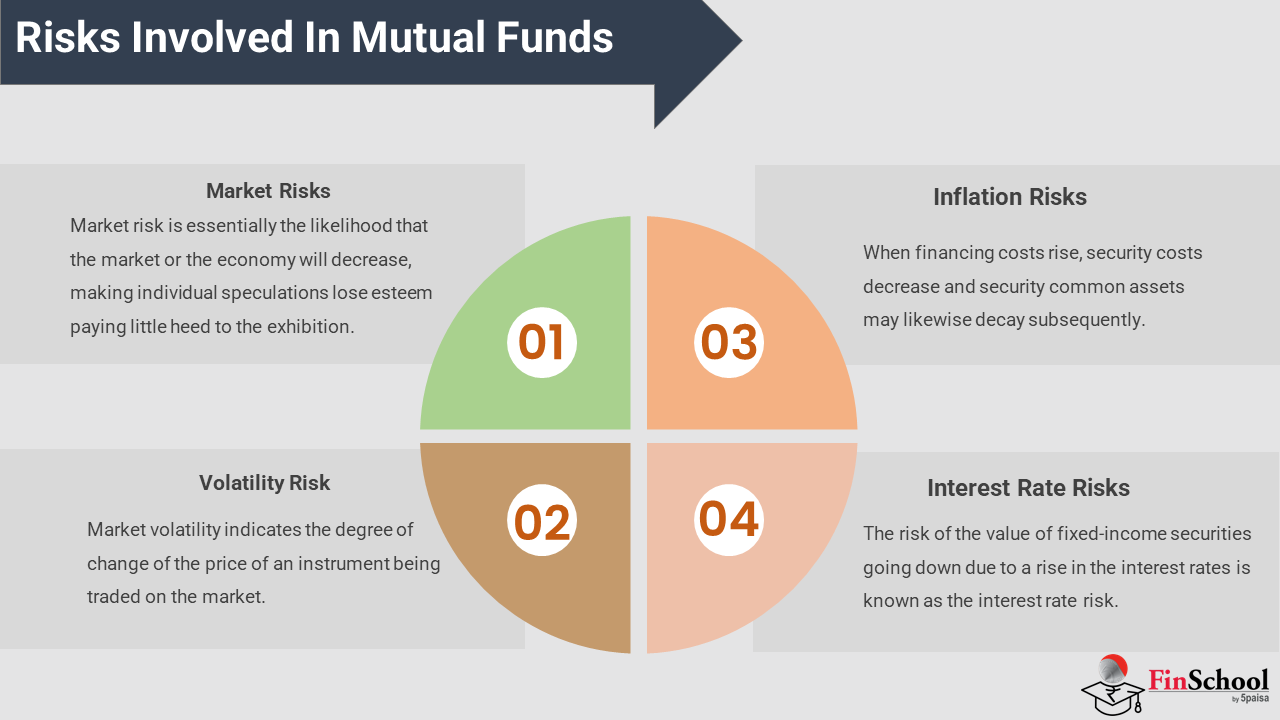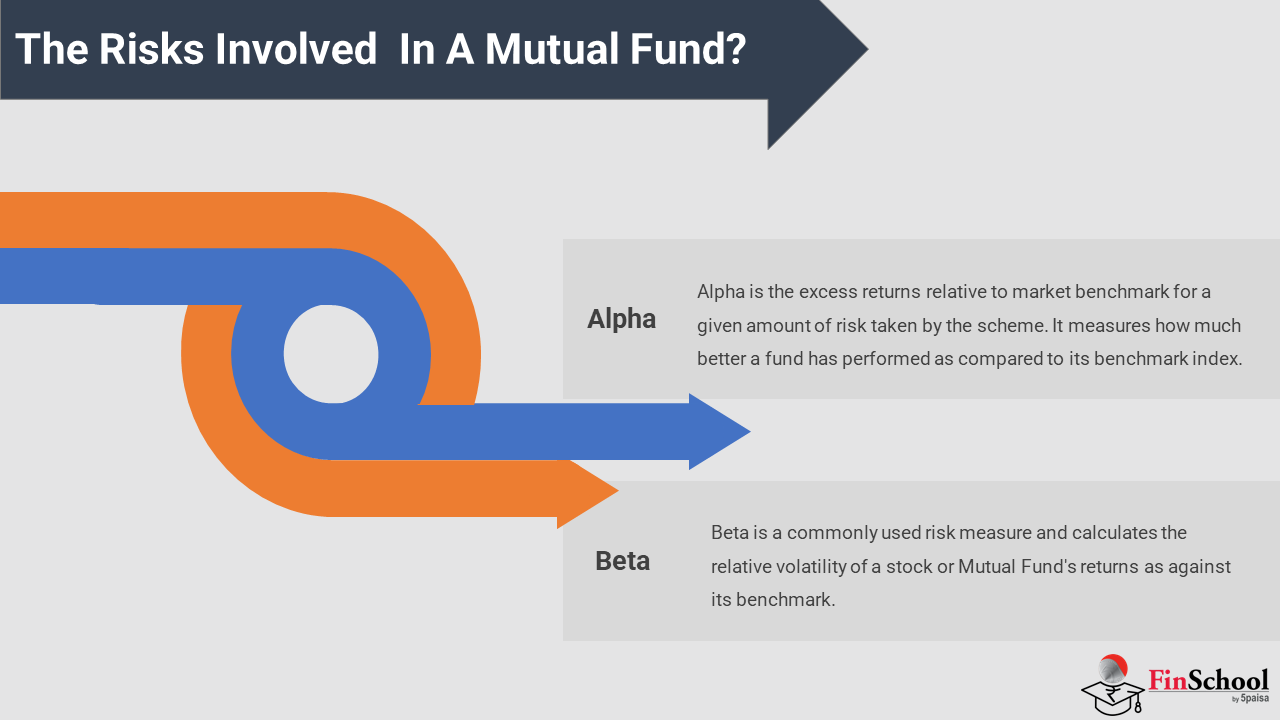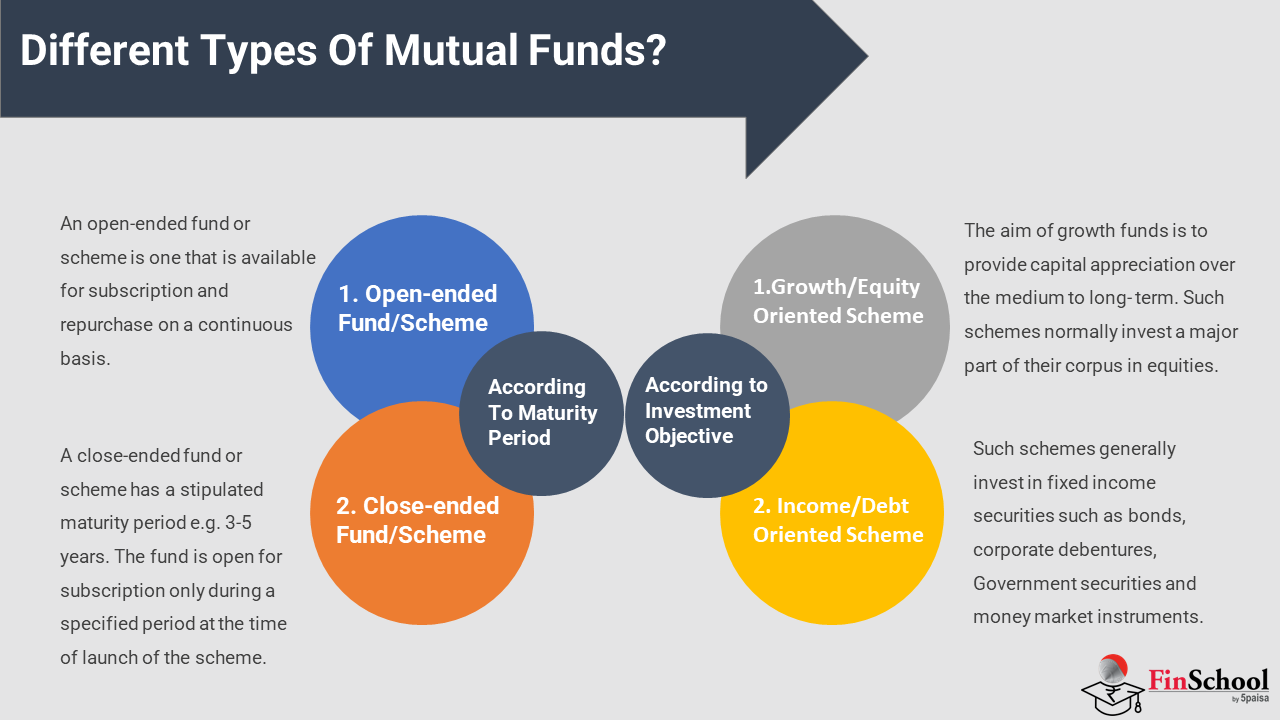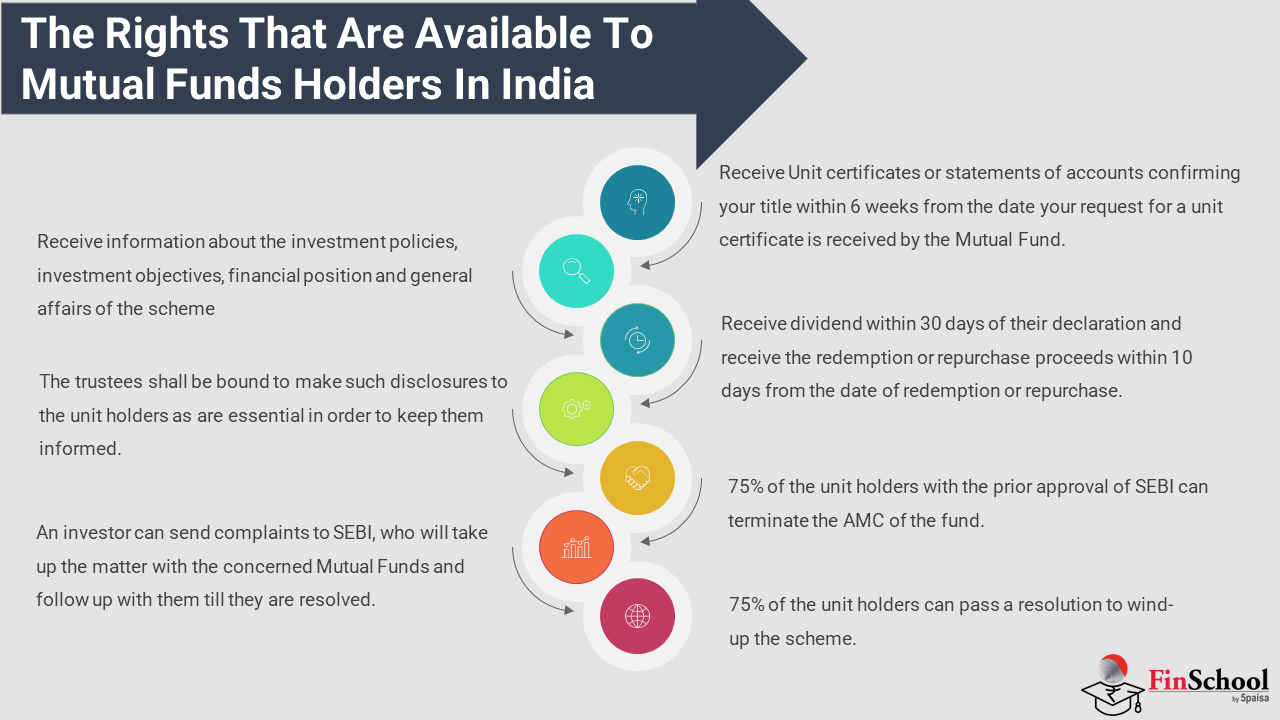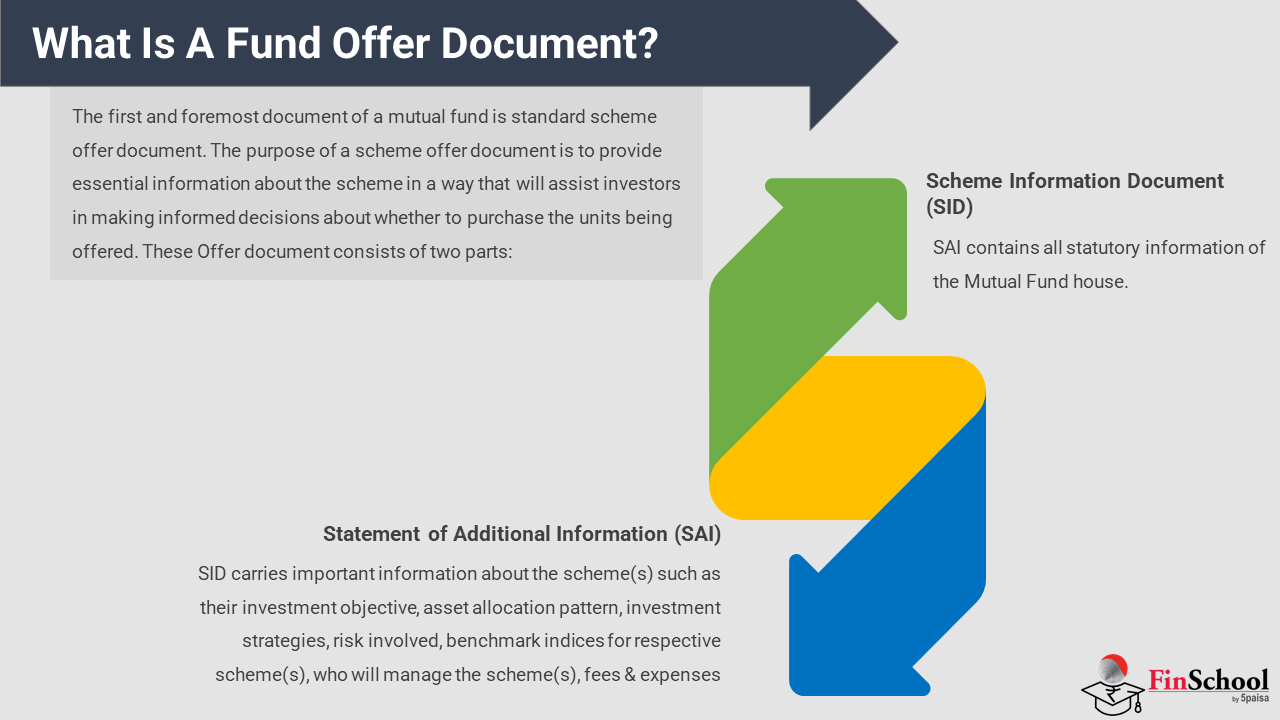- Study
- Slides
- Videos
4.1 What Are The Different Types of Insurance
There are basically two types of Insurance in India
- General Insurance
- Life Insurance
These two Insurance have sub categories which includes
|
Sr. No |
General Insurance |
Sr. No |
Life Insurance |
|
1. |
Health Insurance |
1 |
Term Life Insurance |
|
2. |
Vehicle Insurance |
2 |
Unit Linked Insurance Plans |
|
3 |
Property Insurance |
3 |
Whole Life Insurance |
|
4. |
Fire Insurance |
4 |
Endowment Plans |
|
5 |
Travel Insurance |
5 |
Child Plans for Education |
|
|
|
6 |
Retirement Plans |
4.2 Health Insurance
Health insurance covers cost of an insured individual’s medical and surgical expenses. Subject to the terms of insurance coverage, either the insured pays costs out-of-pocket and is subsequently reimbursed or the insurance company reimburses costs directly.
Types of Health Insurance
Every individual is different and has a unique set of needs. A single health insurance product is not enough to cover every person’s individual requirements. This is precisely where there are a number of different types of health insurance plans available. Let’s take a look at what they are:
1. Individual Health Insurance
One can purchase an individual health insurance policy to provide cover for oneself, spouse, children and parents. These policies typically cover all kinds of medical expenses, including hospitalization, daycare procedures, hospital room rent and more. Under an individual health insurance plan, each member has their own sum insured amount. So, let’s say if a person has taken an individual plan for oneself, spouse and both parents with a sum insured of INR 8 lakhs. Each of them will be able to claim a maximum amount of 8 lakhs per policy year against their health insurance.
2. Family Floater Health Insurance
A family floater plan allows the individuals to cover their family members under a single policy and everybody shares the sum insured amount. These plans are typically more affordable than individual plans since the sum insured is shared. Let’s say if a person purchases a family floater plan for oneself and spouse with a sum insured of INR 8 lakhs. In a single policy year, here the individual can make claims worth only INR 8 lakhs. The spouse may make claims worth INR 6 lakhs and one could make claims worth INR 2 lakhs or vice-versa. Typically, family floater plans are ideal for young nuclear families.
3. Senior Citizens Health Insurance
These health plans have been designed specifically keeping the medical needs and requirements of senior citizens in mind. Most senior citizens policies offer additional cover, such as domiciliary hospitalization and even some psychiatric benefits. Since older citizens are more likely to have health issues, these policies may require a full medical check-up beforehand and could be more expensive than regular insurance policies.
4. Critical Illness Insurance
There are a number of lifestyle-related diseases that are on the rise. Health issues such as cancer, stroke, kidney failure and cardiac diseases can be very expensive to deal with and manage long-term. This is precisely why critical illness insurance policies have been created. They can either be purchased as a rider or add-on with their regular health insurance plan or separately as their own plan. These policies offer cover for very specific issues and often provide claim payouts as a single lump sum payment after the diagnosis of a critical illness.
5. Group Health Insurance
Unlike individual and family floater policies, group health insurance plans can be purchased by a group manager for a large number of individuals. For example, an employer can purchase group insurance for all their employees or a building secretary may purchase such a plan for all the residents of the building. These plans are fairly affordable, but they often only provide cover for basic health issues. Employers often purchase these plans as an additional benefit for employees.
Benefits of Health Insurance
Purchasing health insurance is crucial for a number of reasons. Let’s take a look at the most important benefits of our health insurance policies:
1. Helps Deal with Rising Medical Costs
People purchase health insurance policies to safeguard their finances against ever-rising medical costs. An accident or medical emergency could end up costing more than a few thousand rupees. With a medical insurance plan, one can enjoy cover for everything from ambulance charges to daycare procedures, making it easier to get the care you need to recover.
2. Critical Illness Cover
Many health insurance policies will also offer cover for critical illnesses at an additional cost. Given the rising incidence of lifestyle-related diseases today, this is another crucial cover to have. Here the policy holder will be provided with a lump sum payout in case you are diagnosed with any of the covered critical illnesses. These issues are often very expensive to deal with and manage, so critical illness cover is another vital benefit of having health insurance.
3. Easy Cashless Claims
Every health insurance provider will tie-up with a number of network hospitals where one can enjoy cashless claims. This makes the entire process of receiving emergency medical care much easier. At a network hospital, the person need not really pay for any of the covered treatments. For all valid claims, the insurance companies take care of the medical costs, without having to pay for anything, except non-covered expenses and the mandatory deductibles.
4. Added Protection
If the insured person enjoy cover under a group health insurance plan, then one can wonder why to purchase own health insurance policy. Well, individual health insurance plans offer provider more and better cover than group plans. Additionally, if the person happen to leave the group at any time, then he or she risk losing the cover, which could make their finances vulnerable.
5. Tax Savings
Under Section 80D of the Income Tax Act, 1961, premiums paid towards the upkeep of health insurance policies are eligible for tax deductions. For a policy for self, spouse, children and parents below the age of 60, one can claim a deduction of up to INR 25,000 per year from their taxable income. If a person has also purchased a policy for a parent who is over the age of 60, he or she can claim an additional deduction of INR 50,000.
How Health Insurance Works?
Like every kind of insurance policy, health insurance also helps one deal with the financial repercussions of an accident or emergency. Let’s take a look at how health insurance actually works.
- The process starts when one applies to purchase a plan.
- Depending on the age, medical background, sum insured required and the type of plan one has selected, the insurance company will provide with premium quotes.
- In some cases, one might be asked to do a few medical tests before the insurance provider decides whether they’d like to provide with the required cover.
- Once the terms and conditions are finalized, the insured will be provided with a policy. Each policy comes with a few waiting periods.
- The initial waiting period is only for a few weeks or a month. During this time, the insured person will not be able to make any non-emergency claims.
Need for Medical Insurance
Buying a health insurance policy is not something that most people willingly do, until it is too late. While the awareness and intent to buy health insurance has increased, it is still not seen as a priority. There is still a big lag between the intent and actual buying. A medical emergency can come knocking anytime. If the insured person is young, chances of falling ill are low but not zero and accidents can also happen. The medical expenses associated with such situations could make a big hole in their pocket.
A good Health insurance plan can protect from this financial blow to savings and provide the much-needed cushion to bear the costs towards doctor’s visits, tests, medicines and other procedures. Healthcare expenses are increasing at a rate higher than medical inflation; health insurance helps to get the required treatment without cutting any corners for the lack of funds.
How to Choose Health Insurance Plan?
There are several health insurance policies available in the market. To enjoy cover without any hassles, one need to find the policy that best looks after ones unique needs. Here are some important factors to consider while choosing a health insurance policy:
1. Check the Sum Insured
Many insurance providers have a limit on the maximum sum insured one can choose. If a person needs a high sum insured, then he or she needs to find a health policy that offers what he or she is looking for. A good rule of thumb is to get cover that is a minimum of six times the salary. If a person earns INR 50,000 per month, look for a policy that offers at least INR 3 lakhs as the sum insured. One should also look for other benefits. If the insured person is planning on starting a family in a few years, make sure maternity costs are covered. But at the same he has to will to check the waiting period as maternity benefits are subject to slightly longer waiting periods.
2. Scout the Network Hospitals
Different insurance providers may have different hospitals in their network. Ideally, look for a policy that offers cashless claims at all the top hospitals in the city. One should also make sure that the preferred hospital is on the list. This will make the entire process of getting the treatment much easier.
3. Check the Fine Print
Every health insurance policy has various limits and sub-limits. One needs to check the policy documents thoroughly to understand exactly how much coverage will be needed to get per treatment charges or hospitalization. For example, some policies may help cover the per day room cost, but only up to INR 2,000 per day. If it happens to be in a hospital where the room rent is INR 4,000, then the person will have to pay for half the cost of the room. One should also check the limits of pre- and post-hospitalization expenses. Some plans offer cover for only 30 days pre-hospitalization and 60 days post-hospitalization. Others offer 60 and 90 days respectively.
4. Look for Additional Benefits
Given that the insurance market is fairly competitive, different policies offer various benefits. No-claim bonuses and the restoration of sum insured are some of the most popular ones. One should always check whether the chosen insurance policy will provide these benefits. Always look for policies that offers additional benefits.
5. Examine the Exclusions and Other Clauses
Every policy has its own exclusions or medical procedures and situations that it will not cover. Make sure to check what’s covered and what isn’t before purchasing a plan. One should also check if there’s a co-pay clause, how much one will have to co-pay and what the waiting periods are. Shorter waiting periods and voluntary co-pay are ideal.
Difference Between Mediclaim Plan or a Critical Illness Insurance Plan?
A mediclaim plan or health insurance policy works a little bit differently as opposed to a critical illness insurance plan. Let’s take a look at the differences between these plans:
· Type of Payout
Mediclaim plans are known as indemnity plans. This means that the claim amount one receives will help offset costs as per actuals. These payouts are provided against actual medical costs and bills. On the other hand, critical illness plans offers a lump sum payout of the sum insured once diagnosed with a covered critical illness. One can use the money to pay for treatment, repay debts or even replace their lost income.
· What’s Covered
Regular mediclaim policies offer cover against a wide range of issues. Everything from accidents to surgeries, AYUSH and domiciliary treatments are covered under these policies. Critical illness plans, on the other hand, provide a lump sum payment only for very specific critical illnesses.
4.3. Vehicle Insurance
Vehicle insurance is an insurance product that covers the financial risk related to vehicle damage. It is also called auto-motive/auto insurance or motor insurance. The policies include four-wheelers, three-wheelers like auto rickshaws, and two-wheelers.
Car Insurance in India
The car insurance industry in India has undergone several positive changes in the recent past. Digitization is the most prominent of them. Insurance has been simplified with the arrival of new-age digital insurance companies. Now, potential policyholders do not have to depend upon agents to help them understand the nuances of an insurance policy. All information is available in an easy-to-understand manner on the insurer’s website. This way, the prospective policyholder can make an informed choice. Policies can be compared and quotes can be generated within minutes
Why Should You Buy Car Insurance in India?
One should buy car insurance in India to ensure that he or she do not face a financial loss in case of an unfortunate circumstance such as a car accident, natural calamity, etc. Also, buying car insurance in India is compulsory. Failing to do so will amount to penalties. Going by the number of vehicles on the road and the rate of accidents, it is imperative to make the right choice when it comes to purchasing car insurance coverage.
Types of Car Insurance in India:
Listed below are the two options when it comes to selecting a car insurance policy.
Third-party Liability Car Insurance Policy:
The Motor Vehicles Act states that this type of car insurance is compulsory if the policyholder wants to drive their four-wheeler legally on Indian public roads. When police officials ask for insurance, they check whether the Third-party Liability Car Insurance policy is active or not. If not, then he or she have to face penalties. The rule is so strict that the policy holder can end up in jail as well.
Comprehensive Car Insurance Policy:
This policy is more desirable if the person wants all-round coverage. A Comprehensive policy, as the name suggests, is a wide-ranging cover. It not only includes the features offered by a Liability-only policy but also offers Own Damage cover. This means policy holders are insured if their car causes damages to others, and also if it is damaged by others or natural calamities.
What Is Covered In A Car Insurance Policy?
Here’s the answer to what does car insurance cover in India? For an exact list of coverage, refer to the respective Policy Wordings.
Third-party Car Insurance Coverage:
- Third-party injuries
- Third-party death
- Third-party property damage
Comprehensive Car Insurance Coverage:
- Third-party injuries
- Third-party death
- Third-party property damage
- Theft
- Fire
- Calamities
- Damage to the car due to accident
What Is Not Covered In A Car Insurance Policy?
Here’s a list of items not covered in a car insurance policy. For an exact list of exclusions, refer to the respective Policy Wordings.
- Driving under the influence of alcohol
- Driving under the influence of intoxicants
- Driving without a valid license
- Driving without an active car insurance plan
- Damages during war-like situations
- Servicing expenses
How Does Rental Car Insurance Work In India?
Nowadays, one can hire a car on rent and drive it. Such cars are often referred to as self-drive cars. In India, the vehicle insurance purchased is for a particular vehicle, therefore it won’t apply if one is driving a rental car. The person will have to abide by the terms and conditions of the rental car company for the rental car insurance cover. Usually, such companies have a Third-party Liability Cover in place for the self-drive cars.
Factors That Affect Car Insurance Premium:
Insurers consider a lot of factors before finalizing the insurance premium for a Comprehensive policy. However, when it comes to a Third-party Liability policy, the premium is stated by the Insurance Regulatory and Development Authority of India (IRDAI), which is based on the vehicle engine’s cubic capacity. Here’s a list of factors that affect the insurance premium of a Comprehensive policy.
- Insured Declared Value:
This is popularly known as IDV. IDV is the market value of the car. It is not the resale value but the amount one shall receive in case the vehicle faces a total loss. Some insurers allow the policy holder to select IDV from a range. A higher IDV will amount to a higher premium and a lower
IDV will amount to a lower premium. However, the relation between IDV and the Sum Insured is the same as IDV and the premium.
- Car Insurance Cover:
If one chooses multiple Add-ons, it is bound to increase the car’s insurance premium. Therefore, it is suggested to select only those Add-ons that one feels are suitable.
- Age of the Car:
The age of the car is also related to its value. An older car will be less costly as its value will be on the lower side due to factors like depreciation.
- Safety and Security:
Installing safety features such as anti-theft devices in one’s car will lower the premium charged. Make it a point to install only those anti-theft devices that are certified by the Automotive Research Association of India (ARAI).
- History of Claims:
No claims result in No Claim Bonus. And No Claim Bonus equates to a discount on the premium while renewing the car insurance policy.
How Is Car Insurance Priced or Calculated?
The price calculation for the two types of car insurance in India is different. Here’s how they are priced.
Third-party Liability Insurance Policy:
The rates of a Third-party Car Insurance policy are not decided by insurance companies. The IRDAI gives directives regarding such rates. They might or might not change from a year-to-year basis. Third-party rates are the same across all car insurance companies.
Comprehensive Insurance Policy:
Here, the insurance companies are free to charge their premium. However, they have to abide by the IRDAI rules when it comes to the inclusive Third-party insurance component. The factors on which the insurance companies charge premium are mentioned above. Apart from the above-mentioned factors, they also consider their competition and charge accordingly.
Add-ons for Car Insurance:
One can consider purchasing the following Add-ons to ensure that he or she has enhanced car insurance coverage.
- Zero Depreciation – This negates the charging of depreciation while settling claims.
- Roadside Assistance – With this Add-on, one can call up the insurance company for assistance in case one gets stranded.
- Engine Protection – Get enhanced insurance protection dedicated to the car’s engine.
- Passenger Cover – This is a personal accident cover for the car’s passengers.
- Invoice Cover – Such a cover will reimburse with the car’s invoice value if it faces situations of a total loss.
4.4. Property Insurance
What is Property Insurance?
Property Insurance refers to different types of property insurance policies. Homeowners insurance, renters insurance, earthquake insurance, and flood insurance are a few. Property insurance provides owners with coverage against loss or damage caused to their property due to covered unfortunate events. They help owners get financial reimbursements for the expenses they incurred while fixing these damages.
Types of Property Insurance
1. Home Insurance
These types of property insurance policies help property owners protect their homes against loss or damage caused due to theft, fire, or natural & manmade disasters. Residential properties like apartments, flats, villas, bungalows, etc. can be insured using this type of property insurance policy. The insurance plans help insured people cover the expenses incurred due to damages. Additional spaces such as a garage, shed, washroom, etc., are also covered under these insurance plans.
2. Renter’s Insurance
Property owners can buy these types of property insurance policies when renting out their properties. The Renter’s Insurance covers loss or damages caused to the property by tenants. Electronic appliances, furniture, fittings, and other expensive installations are also covered under these insurance policies. People also avail of these types of property insurance policies when renting out commercial property.
3. Commercial Insurance
These types of property insurance plans are for commercial property owners. They can insure their business units, shops, factories, warehouses, etc. by simply purchasing a property insurance policy from their preferred insurance company. Financial losses caused to commercial properties due to natural disasters are also covered under such plans.
4. Fire Property Insurance
Fire Property Insurance Plans help people protect their properties against losses or damages caused due to fire. The insurance plans cover fire accidents caused due to explosions, implosions, lightning, etc. Valuables such as fixtures, fittings, furniture, etc., placed in the insured property are also covered. These types of property insurance plans can be bought for both individual and commercial properties.
5. Public Liability Insurance
These are third-party property insurance policies that can be availed of by property owners to protect themselves against the losses or damages caused within their property. These insurance policies best suit the owners of commercial properties such as bakeries, restaurants, hotels, cafes, etc. to pay for losses caused to their customers. Residential property owners can also purchase this type of property insurance policy to insure losses or damages caused to their guests while they stay in their place.
Types of Coverage Property Insurance Offers
Here are three major types of coverage that different types of property insurance providers offer.
Option 1: This type of property insurance policy covers only the contents of the insured residential or commercial space.
Option 2: This type of property insurance policy covers the contents of both, the building and the contents of the insured residential or commercial property.
Option 3: This type of property insurance policy covers the contents of both, the building and the contents of the insured residential or commercial property, in addition to the valuables, such as gold, cash, jewellery, cash counter, etc., placed inside them.
Eligibility Criteria for Buying a Property Insurance Policy
The eligibility criteria differ for different types of property insurance policies. However, here are a few major requirements that you must meet as an applicant.
-
The applicant must be an Indian resident.
-
The applicant must own the residential or commercial property that needs to be insured.
-
The applicant must age between 18 and 60 years.
-
An under-construction property, a plot, land, or a kutcha house cannot be insured.
-
The applicant must have a good credit history.
-
The geographic location of the property plays a critical role in the application approval process.
Documents Required to Buy a Property Insurance
-
A police investigation report
-
FIR copy, in case of an accidental loss or damage
-
A filled-out application form
-
Repair estimates
-
Original Invoice in case of a product replacement
-
Invoices of owned articles, if any
-
Court summons, if any
-
Medical certificates for injuries or death, if any
The insurance provider may ask for some additional documents based on the nature of the event.
Things to Consider When Choosing a Property Insurance Policy
Various insurance companies offer different types of property insurance policies based on the requirements of their target audience. To choose the one that best fits your preferences, you must look out for the following things.
-
Insurance Premiums: Your chosen property insurance policy must have affordable monthly, half-yearly, or annual premiums. This helps you pay for the same while managing to pay for your other financial requirements.
-
Policy Tenure: Most property insurance policies come with a policy tenure of one year. Check the same for your policy with your chosen insurance service provider. Also, check the policy renewal process. A simple and quick policy renewal process helps extend the coverage duration.
-
Liability Cover:Liability cover is the amount that your insurer provides you after your insurance claim gets approved. However, the amount is disclosed at the time of policy purchase. Make sure you check how much coverage your chosen property insurance policy offers. The amount offered helps you get rid of your financial liabilities in the case of an unexpected event.
-
Extended Coverage: You must check if your selected property insurance policy covers all the related expenses, in addition to the main cover. You can compare different insurance policies in terms of coverage amount and eligibility criteria. Make sure you choose the one that offers extended coverage at a lower premium amount.
-
Claims Registration:The best property insurance policy always has a simple claim process. You can contact the help and support team of your chosen insurer to know the list of documents you need to provide when registering a property insurance claim. A simple claims process helps you get a quick reimbursement with minimal documentation.
-
Claim Settlement Ratio: Make sure you check the claims settlement ratio of your chosen property insurance provider. Dividing the total number of claims registered in one year by the number of claims the insurance company has settled helps you find the claims settlement ratio. It must range above 80 per cent.
How to Find the Best Property Insurance Policy Online?
Here are a few simple steps that you can follow to find the best property insurance policy based on your preferences.
-
Determine Liability Cover Amount:First, determine the required liability coverage that you need on a yearly basis. Also, analyse your budget requirements to know the premium amount that you can pay every month without facing any financial difficulty. You can also use insurance calculators available online to perform these calculations.
-
Compare Property Insurance Policies:Make sure you visit the online portals of multiple property insurance providers to compare the different types of property insurance policies that they offer. Make sure you compare the coverage amount, premium payment method, payment schedule, eligibility criteria, and the list of documents required. Checking all these details helps you find the best-fit property insurance policy in no time.
-
Check Out the Registration Process:You can contact the help and support team of the chosen property insurance provider to know the detailed registration process. This helps you have all the required details handy while reducing the chances of making any errors at the time of online application.
-
Gather the Required Documents:Once you know the registration process, it will be easier for you to gather the required documents based on the type of policy that you want to purchase. Make sure you have soft copies of all the essential documents at the time of online policy registration.
-
Buy a Property Insurance Policy:Now that you have everything ready, you can go ahead and apply for buying your chosen property insurance policy online. Keep reading to know the detailed process. Some of the steps may vary depending on the online portal requirements of some specific insurance providers.
How to Apply for a Property Insurance Policy Online?
Now that you have chosen the best-fit property insurance policy, here are a few simple steps you can follow to apply for one online.
-
Fill Out the Application Form:Visit the online portal of the chosen property insurance provider. Fill out the online application form by providing the required details related to you and your property.
-
Attach the Required Documents:Attach the required documents and submit the form. These documents help insurers verify your details and finish the policy registration
-
Check the Add-Ons:Some property insurance providers offer a list of add-ons that you can buy separately based on your requirements. For example, the loss or damage caused due to the depreciation of your property is not included in the regular property insurance policy. However, you can get additional coverage against the same by purchasing an add-on.
-
Pay the Premium Amount:Next, you will get an option to choose the premium amount and its payment schedule. Next, pay the premium using your preferred payment method. You can pay the premium using a credit or debit card, online banking, or wallet applications.
-
Print the Insurance Card:Once the premium payment gets processed, you will get the insurance card up on your screen. Make sure you download or print it for future reference. You may also get it sent to your registered email address. You can check for the same with the help support team of your insurance service provider.
How to Raise a Property Insurance Claim Online?
Find below a few simple steps to register a property insurance policy claim online.
-
Report the Incident: Contact your insurer and report the incident. You need to provide them with all the required loss or damage-related details.
-
Lodge an FIR: Next, you need to lodge an FIR for the unfortunate incident that has occurred. Make sure you get a copy of the FIR as it is one of the essential documents to provide to the insurance company.
-
Provide Required Details:Provide all the relevant information including the policy number, the policy registration details, the FIR number, etc. to the insurance provider.
-
Get the Inspection Done: Next, the surveyor of the insurance company will prepare the inspection report. They will process the claim request when all the details provided are verified
-
Provide Essential Documents:Provide all the required documents to the insurance provider. The set of documents varies based on the requirements of different types of property insurance policies.
-
Claim Submission:Once done, the final report will be made by the surveyor. This report will be submitted to the insurer with a set of supporting documents.
-
Wait for Approval:Wait for approval from the insurance company. You will be notified about the same via a call, SMS, or email.
4.5. Fire Insurance
What is a Fire Insurance?
A fire insurance could be bought as a part of property insurance or as a stand-alone policy. It offers compensation for the costs incurred in the replacement, repair or reconstruction of a property that was damaged due to fire. Since the estimation of loss from fire is unpredictable, this policy is issued with fixed value compensation as an upper limit set by the property insurance policy. The actual loss or the maximum amount agreed beforehand is paid as compensation when you file a claim for fire insurance.
Types of Fire Insurance Plans
To avoid ambiguity for the claim amount, certain types of clauses are included in this policy. Such types give more clarity on premium payable and claim amount payable without any scope of a dispute. Businessmen should be clear about the type of policy they need and whether it suits his/her business operations. Let us look at some of the types of fire insurance.
- a) Valued Policy:
When it is difficult to ascertain the value of the property or articles at the time of claim, a valued policy is issued. For example, the value of paint or art or jewellery is not constant during all the days of the year. For such cases, the estimated value is fixed in advance by the insurance company and policyholder, at the time of taking the insurance. In case of an unfortunate event, the predetermined value is paid, and actual loss is not assessed. Here the principle of indemnity is not applied, but the attempt is made to compensate the losses to the insured at a predetermined rate without entering into debates or disputes at the time of actual loss.
- b) Specific Policy:
Under this policy, the maximum amount payable is fixed in advance. In case of an unfortunate event, the amount equivalent to the actual loss or prefixed amount, whichever is less, is paid. For example, if a fire insurance policy is taken with a specific value of Rs. 2 lakh, then in case the loss due to fire is worth Rs.3 lakh, the amount payable is Rs. 2 lakh. However, if the loss is worth Rs. 1.5 lakh, the full amount of Rs. 1.5 lakh will be payable.
- c) Average Policy:
Many a times, the applicant prefers the insured amount to be less than the value of the property. In such cases, the insurance company imposes the “average clause” to penalize the insured for taking up a policy less than the value of the property. For example, the valuation of your shop and goods inside the shop is Rs. 20 lakh, but you are taking a fire insurance of Rs. 10 lakh. In such a situation, if a fire in the shop leads to damage worth Rs. 20 lakh, the insurance company will pay you Rs. 10 lakh only, under the average policy clause.
- d) Floating Policy:
If a businessman has warehouses at different locations, s/he may opt for a floating policy. With the help of this single policy, all the goods lying in different warehouses can be insured together. Such an arrangement eliminates the need for buying separate policies for every warehouse. Moreover, you can opt for an average clause if you want to reduce the premium. However, at the time of loss, the amount payable is substantially lower than actual loss, in case of the average clause.
- e) Consequential Loss Policy:
The loss due to fire is not the only loss an insured person faces after fire break. Your factory may lose important machinery and the production line could go down for several weeks or months after the fire. The loss of production is a loss of business or profit. Such indemnity can be claimed under consequential loss policy. The business in which continuous production is the essence must take consequential loss policy to make good of such losses.
- f) Comprehensive Policy:
It can happen that business owners want to cover their properties against all possible mishaps like fire, burglary, theft, explosion, earthquake, lightning, labour unrest, and similar other reasons. In such a case, the business owner should go for comprehensive policy or all risk policy, which can take care of all possible causes of loss.
- g) Replacement Policy:
The loss of property due to fire raises the need to get a new property to restart business operations. The policy comes with two variants. In the first option, it makes good of lost property on depreciated value bases. Alternatively, it makes good to compensate for the actual cost of the replaced property. While taking the fire insurance, you must understand the replacement policy clause to get appropriate claim at the time of the unfortunate event.
Coverage under Fire Insurance Policy
It covers all the losses arising out of the accidental fire, subject to terms and conditions of the fire policy which is limited by the policy value and not by the extent of damage sustained by the property owner. In general, the following losses are covered:
- Actual loss of goods due to fire
- Additional living expenses due to damage to personal property
- Loss to adjacent building or property due to fire in the insured building
- Compensation paid to fire fighters
- Fire triggered by electricity
- Overflowing of a water tank or pipes
Claim Process
If you happen to encounter an eventuality because of fire, you need to make claims under fire insurance. To avoid rejection and fasten the claim process, you should be clear of the procedure and the documents needed.
- Immediately inform the insurance provider either online or by calling on their 24/7 toll-free number
- Also, contact the fire brigade and the police
- Insurance company will appoint a surveyor for scrutiny of the situation
- Submit the duly filled in claim form and other proofs and photographs
- If approved, the claim can be settled from 15-30 days, as the time duration is different for the insurance companies
Exclusions in Fire Insurance Policy
Not all situations and cases are covered by fire insurance. Some situations are excluded.
- Fire caused by war, nuclear risks, riot or earthquake
- Planned or intentional fire by the enemy or public authority for whatsoever reasons
- Underground fire
- Loss because of theft during or after the fire
- Malicious or hostile, human-made causes of fire
This list does not include all the exclusions as they vary for different providers
Important Aspects
The concept of a fire insurance is based on three essential conditions which should be met before you can file a claim
- There must be an actual fire in the insured premises
- The fire must be accidental and beyond the reasonable control of the policyholder
- Loss or damage must be due to burning triggered by accidental fire. The damage by heat or fire, if not accidental, won’t be considered as loss due to fire. Hence, insurance is not applicable in such instances
4.6. Travel Insurance
What is Travel Insurance?
Travel insurance is coverage designed to protect against risks and financial losses that could happen while traveling. The risks range from minor inconveniences such as missed airline connections and delayed luggage all the way to more serious issues including injuries or major illness.
What Does Travel Insurance Cover?
Depending on the coverage you choose, travel insurance can cover a broad array of possible damages and losses:
1. Injury or sickness
Travel insurance can help protect you from medical expenses abroad that your normal health insurance doesn’t cover. Most health insurance plans don’t provide full coverage in foreign countries and some health plans provide no coverage at all, including Medicare. Travel insurance works in addition to your everyday health insurance and can help supplement medical costs if you get sick or injured before or during your vacation.
2. Lost luggage
Travel insurance can help cover expenses stemming from lost or stolen luggage. This is especially useful if an airline loses your bags, as it can be very difficult to get them to pay for lost luggage. In the United States, the Department of Transportation (DOT) requires airlines to compensate fliers up to $3,300 for lost baggage. In foreign countries that amount is a maximum of $1,750. But to receive those maximum amounts, passengers must provide receipts proving the value of the lost bags and their contents. And some airlines require that the claim be filed within 21 days. To make matter worse, DOT doesn’t define when baggage is officially lost (as opposed to just “delayed”). Overseas, a bag is only considered “lost” after 21 days. For delayed bags, DOT only requires airlines to provide victims with enough money to buy necessities like clothing, medicine and toiletries.
3. Last-minute cancellations
Travel insurance can help cover costs stemming from trip cancellations. Most resorts or cruise lines won’t give you a full refund in the event of a cancellation. If you cancel two weeks or more before your trip, most resorts will at least charge a cancellation fee; many cruise lines might only give you a 25% refund or will give you partial credit on another cruise. If you cancel within two weeks of a trip, with most companies you won’t give any refund whatsoever. Unforeseen circumstances happen, and you want to be covered just in case.
4. Coverage beyond your credit card
Some credit cards provide limited coverage, with annual limits and restrictions for cancellations and interruptions (if they offer cancellation/interruption coverage at all). However, few credit cards offer coverage for the most expensive travel risks: medical expenses or emergency evacuations, which travel insurance can cover.
What travel insurance might not cover
It’s important to know that while there are many reasons to buy travel insurance, certain things may not be covered under travel insurance. If you have a preexisting condition, look for a plan that provides a preexisting condition waiver. If you’re visiting an area with political unrest, check into what coverage a policy provides if you wish to cancel due to problems in the area. Travel insurance policies cover some incidences of tour operator defaults due to financial issues. Look into how that’s handled before booking your trip.
How much does travel insurance cost?
Travel insurance cost is primarily based on the price of the trip and the age of the traveler. A 35-year-old might expect a policy to add 3% to 5% to the cost of a trip while a 60-year-old might pay around 10%. It can be a small price to pay to safeguard your investment for the trip of a lifetime.
What travel insurance coverage should you get?
Before looking into travel insurance, think about the reasons you might cancel. Is a trip delay due to weather going to dramatically change your vacation? Is it possible your school year will be extended, or you will need to take a work-related trip instead? Are there acts of war in the country you’re going to visit? Are you nervous about the CDC issuing a travel warning for your vacation destination? These are all valid reasons for cancelling a trip or wanting insurance coverage. But not all travel insurance covers these concerns.
Cancel for any reason insurance
When you buy this coverage, if you want to cancel because you have a hangnail, go ahead. The insurance company usually doesn’t need a reason. They just need you to cancel within the specified time frame, typically at least 48 to 72 hours before you depart. You’ll trade convenience for a lower reimbursement level. With cancel for any reason insurance, you’ll get a percentage of your pre-paid, nonrefundable trip costs back, around 70%, without having to give a reason. You can sometimes purchase this as a standalone policy or as a rider on a comprehensive policy.
Comprehensive travel insurance
This is the typical policy that people imagine when they think of trip insurance. The comprehensive policy usually covers delays, cancellation due to sickness or death, lost luggage and some emergency medical costs. Just read the fine print so you know exactly what it covers.
Changing your travel insurance coverage
If you decide shortly after you purchase the policy that it doesn’t meet your needs, you can get a full refund (perhaps minus a small administrative fee) within a specified time period. This gives you time to fully read the coverage and make sure it provides what you want. Usually that time frame for 10 to 15 days. When possible, it’s best to understand exactly what the policy covers and how claims work ahead of time, in case you need to file a claim.

